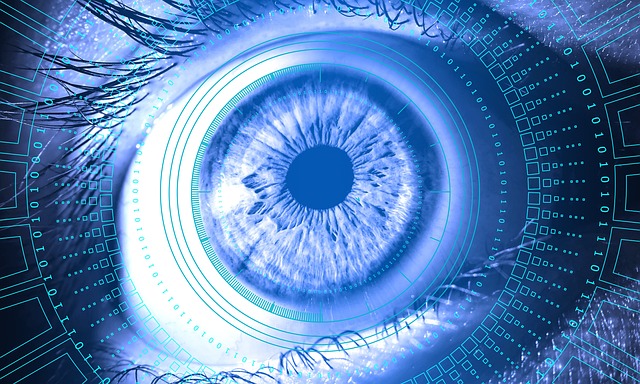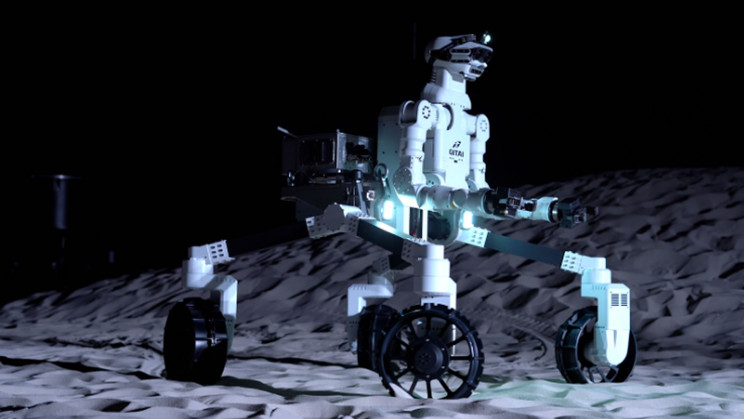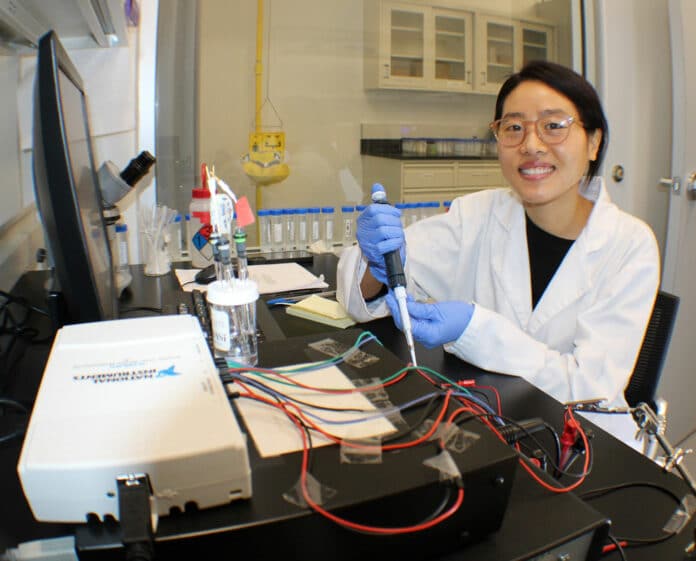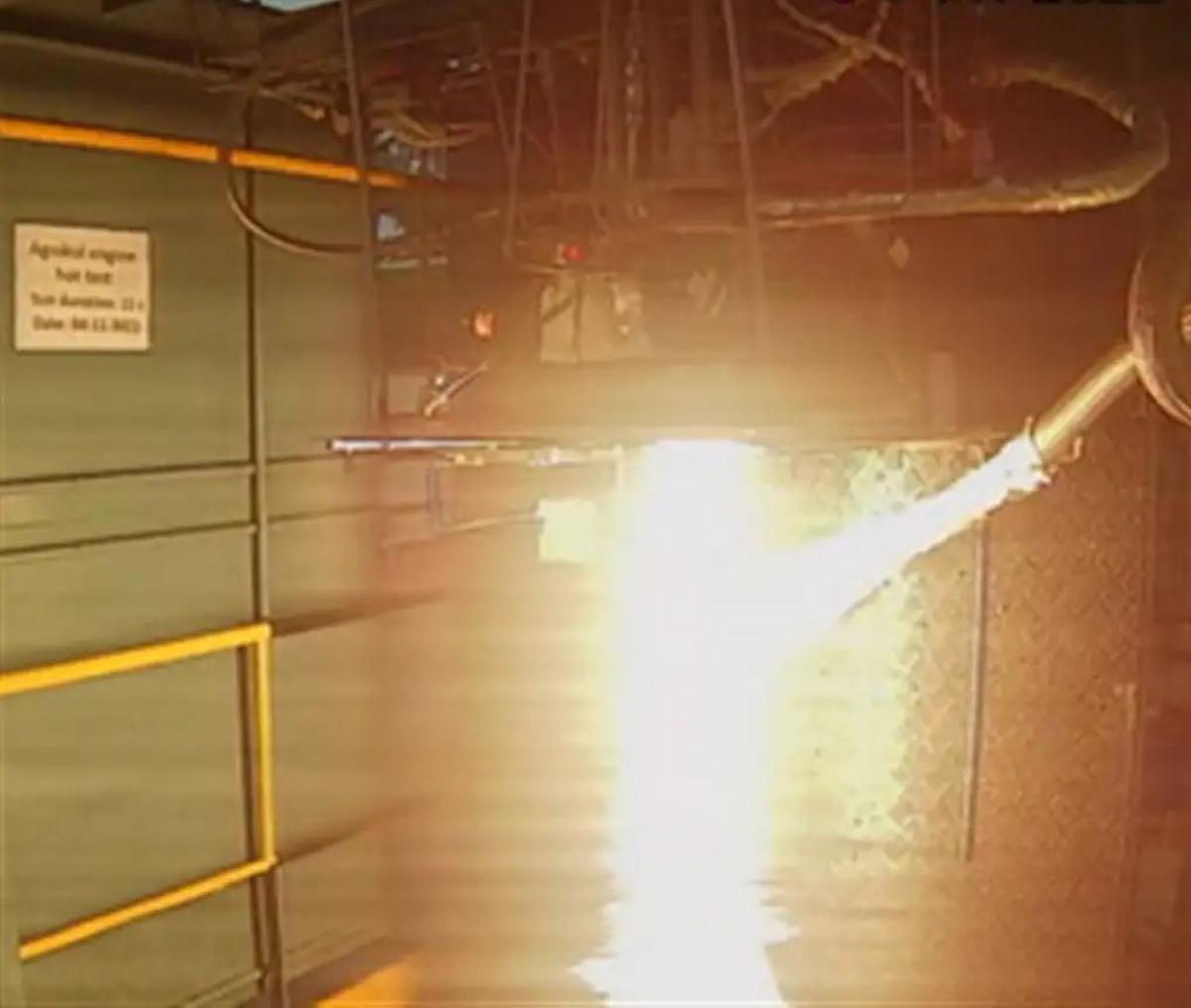According to the recent estimates provided by the US Centers for Disease Control and Prevention (CDC), approximately 1 in 36 children at the age of 8 in the United States is diagnosed with Autism Spectrum Disorder (ASD).
ASD encompasses a spectrum of conditions affecting the brain, influencing communication, social interaction, and information processing.
However, identifying this lifelong condition encounters global challenges. Resource-constrained regions, especially those lacking trained professionals for assessments, face significant obstacles. Shortages of trained personnel pose a major hindrance.
Thankfully, artificial intelligence can help individuals with autism!
Now, researchers from Yonsei University College of Medicine in South Korea have developed an AI autism detector that identifies early symptoms through eye scans. By capturing images of children’s retinas as well as employing a deep learning AI algorithm, they achieved a 100% accuracy rate in diagnosing autism.
The research involved the examination of retinal photographs from a total of 1890 eyes belonging to 958 participants under the age of 19. Additionally, retinal images from control participants exhibiting typical development (TD) were collected to serve as a comparison, with matching criteria based on age and gender.
The AI predictions achieved an impressive 100% accuracy
Utilizing this dataset, the research team developed a convolutional neural network—a sophisticated deep learning algorithm—to train models for ASD screening and assessing the severity of symptoms. Remarkably, the artificial intelligence (AI) predictions achieved a remarkable 100 percent accuracy rate.







